By Dr. Nora West, MD | Reviewed by Health Talks Editorial Team
🧠 Why Your Gut and Mood Are Linked
Have you ever had “butterflies in your stomach” before a big event? Or noticed your digestion gets worse when you’re stressed? That’s not a coincidence—it’s biology.
Your gut and brain communicate through the gut-brain axis, a two-way information highway involving the vagus nerve, hormones, and the immune system. The trillions of microbes in your gut (collectively known as the microbiome) produce neurotransmitters like serotonin, dopamine, and GABA—chemicals that regulate mood, focus, and stress response.
- About 90% of serotonin (the “happy hormone”) is made in the gut.
- Gut imbalance (dysbiosis) is linked to anxiety, depression, and brain fog.
- A nourished gut = a more stable, resilient mood.
🌱 Foods That Heal Your Microbiome
1. Fermented Foods (Natural Probiotics) 🥒🍶
- Examples: Yogurt (unsweetened), kefir, kimchi, sauerkraut, miso, kombucha.
- Why: They introduce live bacteria (like Lactobacillus and Bifidobacterium) that strengthen your gut barrier and reduce inflammation.
- Mood benefit: Studies show regular intake lowers social anxiety and improves stress resilience.
2. Fiber-Rich Foods (Prebiotics) 🌾🥦
- Examples: Oats, apples, bananas, garlic, onions, leeks, asparagus, beans.
- Why: Prebiotics are fibers your gut bacteria ferment into short-chain fatty acids (SCFAs), which nourish gut lining and calm inflammation.
- Mood benefit: SCFAs support better sleep, focus, and lower anxiety.
3. Omega-3 Rich Foods 🐟🥜
- Examples: Salmon, sardines, walnuts, flaxseeds, chia seeds.
- Why: Omega-3s reduce gut and brain inflammation, and help healthy bacteria thrive.
- Mood benefit: Consistently linked to lower depression risk and improved memory.
4. Polyphenol-Packed Foods 🍫🍇
- Examples: Dark chocolate (70%+ cacao), green tea, blueberries, pomegranate, olive oil.
- Why: Polyphenols act as antioxidants and fuel friendly microbes.
- Mood benefit: Improve blood flow to the brain and enhance mood stability.
5. Tryptophan-Rich Foods 🍗🥚
- Examples: Turkey, eggs, pumpkin seeds, cheese.
- Why: Tryptophan is the amino acid precursor to serotonin.
- Mood benefit: Eating these alongside carbs helps boost serotonin levels naturally.
6. Gut-Soothing Foods 🫚🍵
- Examples: Ginger, peppermint tea, bone broth, turmeric.
- Why: These reduce gut inflammation and support digestion.
- Mood benefit: Calm gut irritation that can worsen anxiety.
🚫 Foods to Limit for a Happier Gut
- Ultra-processed foods (chips, fast food, frozen meals) → encourage harmful bacteria.
- Excess sugar → feeds yeast and “bad” microbes.
- Artificial sweeteners (like aspartame, sucralose) → disrupt microbiome balance.
- Too much alcohol → weakens gut lining and increases anxiety/depression risk.
🧩 Lifestyle Habits That Support Gut & Mood
- Sleep well: Poor sleep changes gut bacteria within 2 days.
- Exercise: Regular movement boosts microbial diversity.
- Stress management: Yoga, meditation, or deep breathing keep gut-brain signals calm.
- Stay hydrated: Water helps fibers ferment properly.
⚡ Quick Daily Gut-Mood Meal Plan
- Breakfast: Overnight oats with banana, chia seeds & blueberries.
- Lunch: Lentil soup with garlic, onions, and a side of sauerkraut.
- Snack: Handful of walnuts + green tea.
- Dinner: Grilled salmon, quinoa, and roasted broccoli.
- Evening treat: A square of dark chocolate + chamomile tea.
📝 Key Takeaway
Your gut isn’t just about digestion—it’s your second brain. By feeding your microbiome with the right foods, you’re not only improving gut health but also boosting mood, focus, and overall mental well-being.
A happy gut = a happier you!
✅ Disclaimer: This article is for educational purposes only and should not replace professional medical advice. If you have ongoing digestive or mood concerns, consult your healthcare provider.
ABOUT THE AUTHOR
Dr. Nora West is a highly skilled MBBS doctor with a special interest in women’s health and patient education. She is dedicated to providing compassionate care and believes in building strong doctor–patient relationships based on trust and understanding. Dr. Nora focuses on empowering her patients with the knowledge they need to make informed decisions about their health. She is particularly passionate about preventive medicine, nutrition, and lifestyle interventions that can significantly improve quality of life. Known for her warmth and professionalism, Dr. Nora combines evidence-based medicine with a personalized approach, ensuring every patient feels supported on their journey to better health.

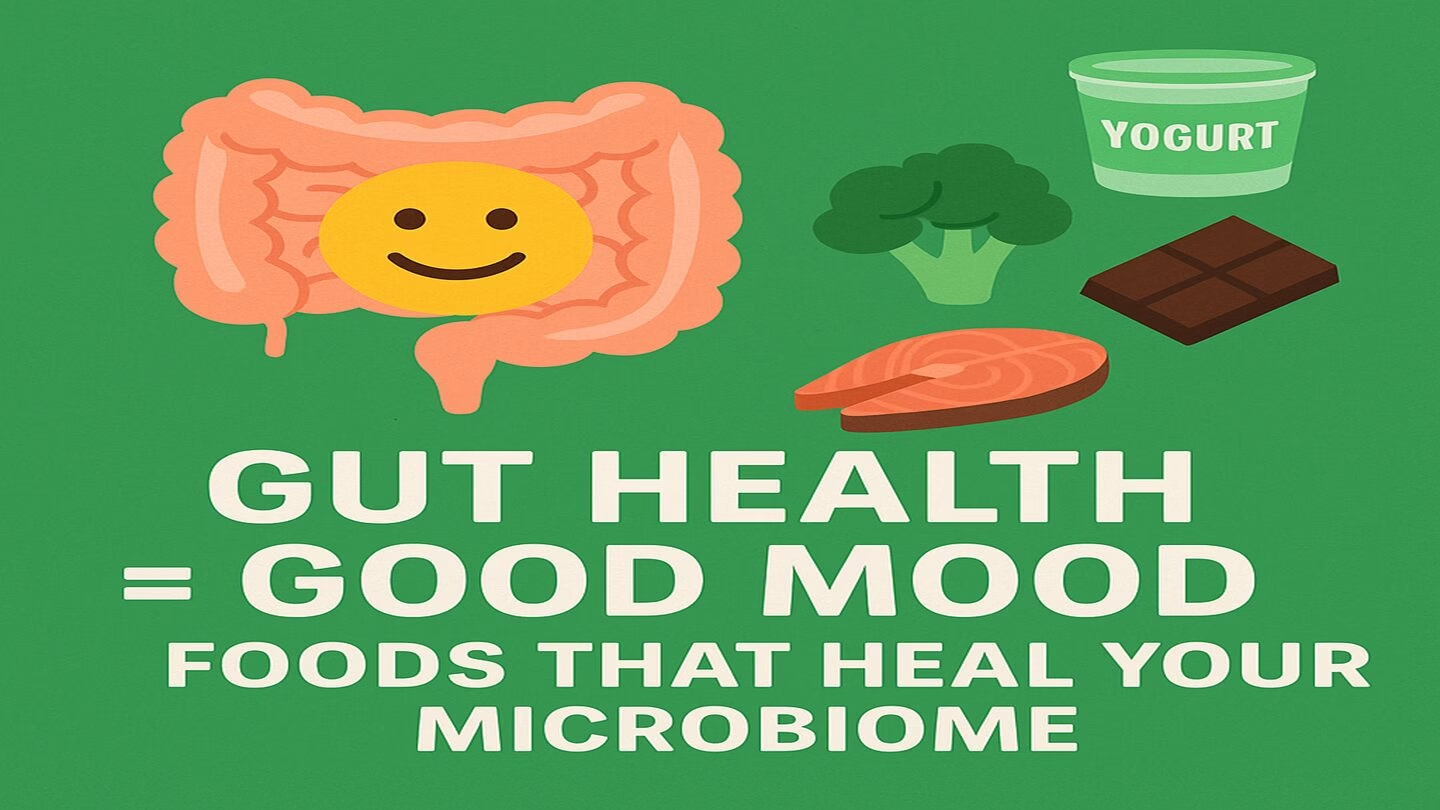
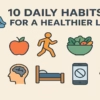







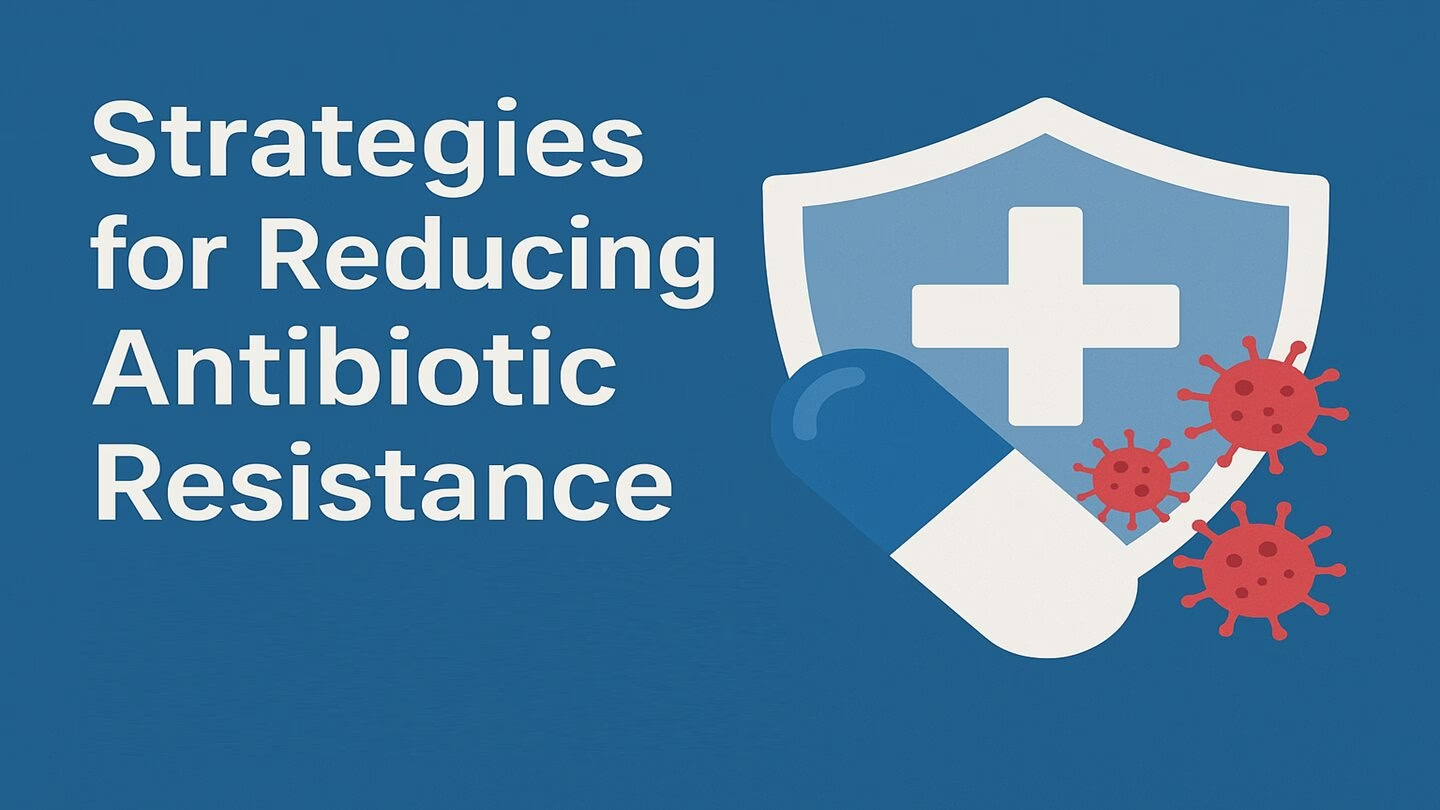
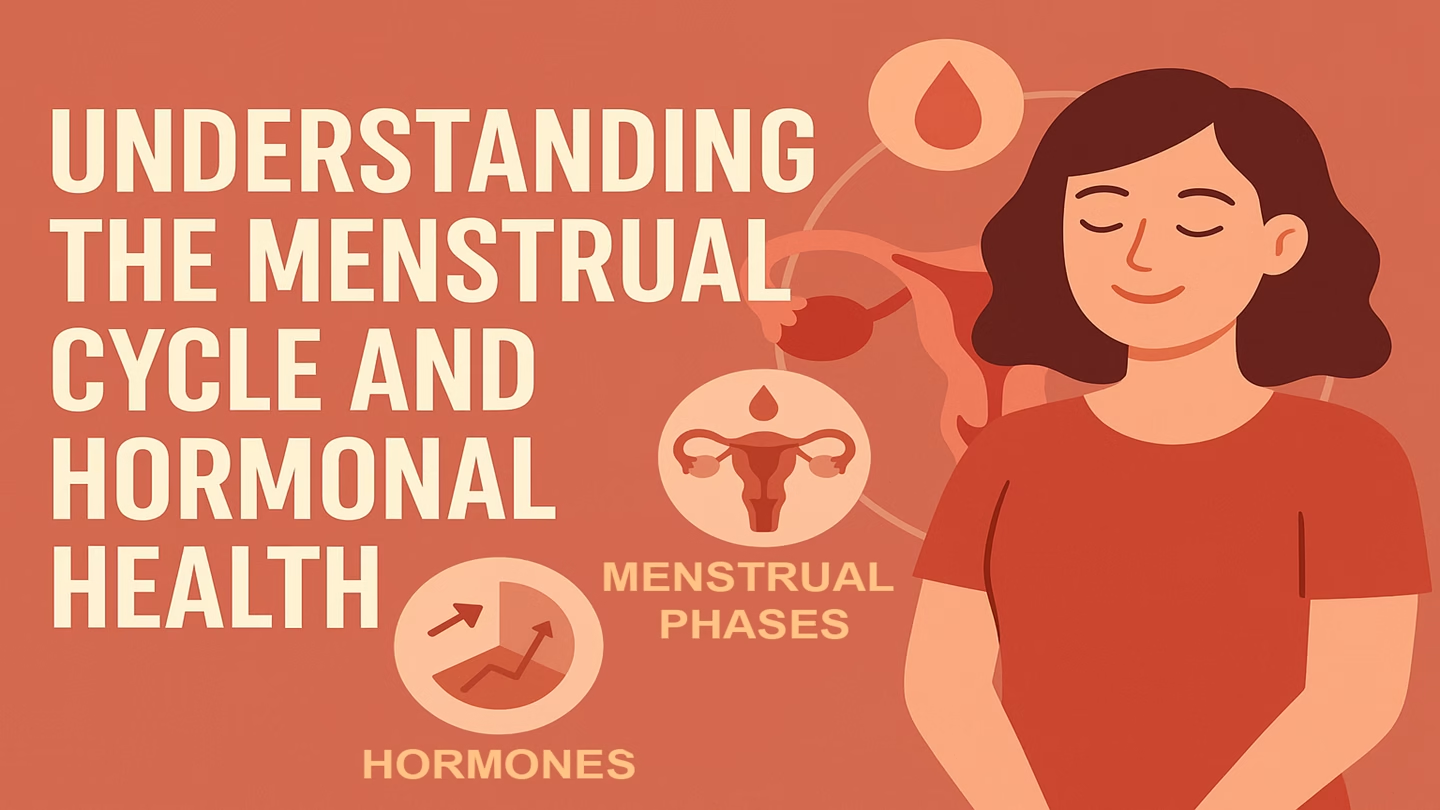
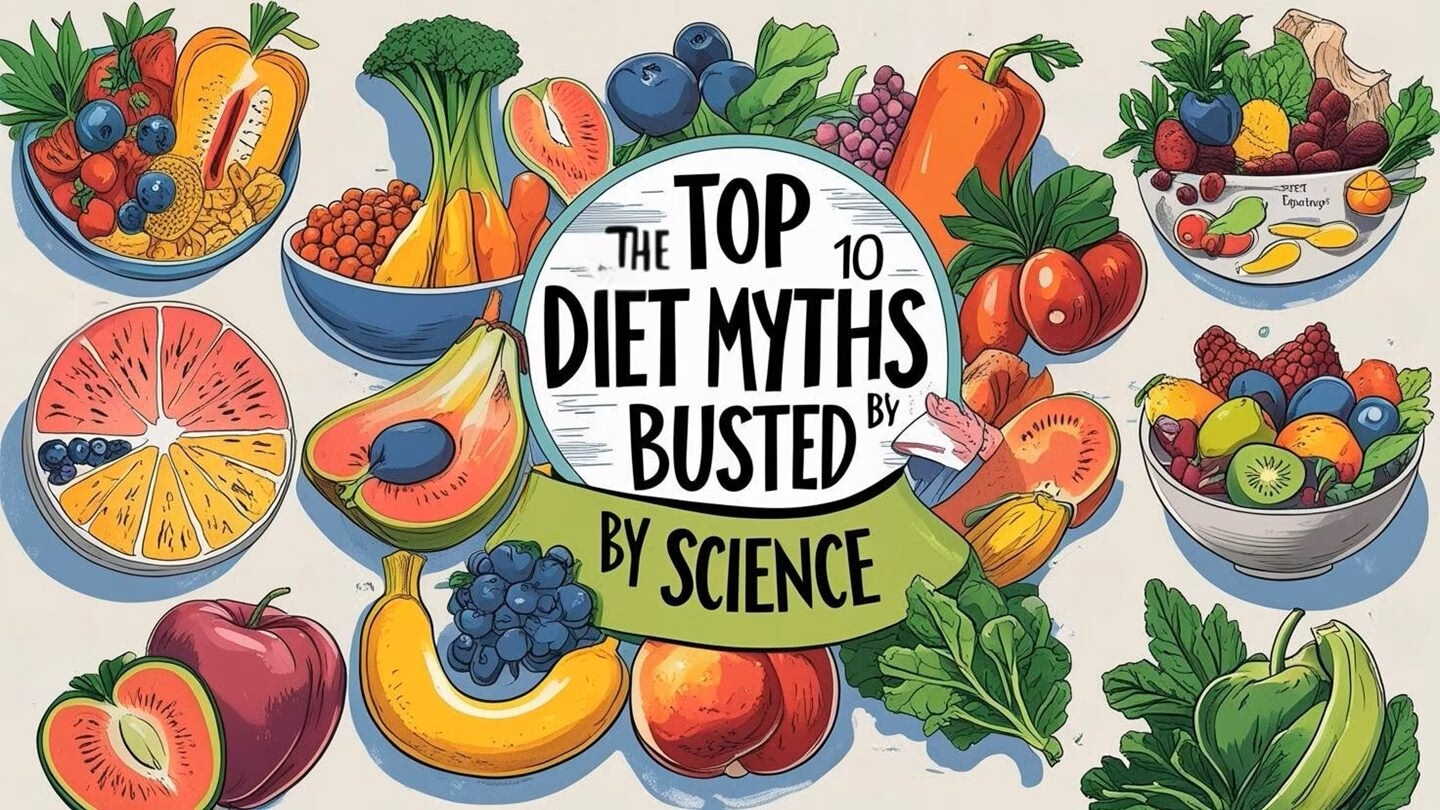

Add comment